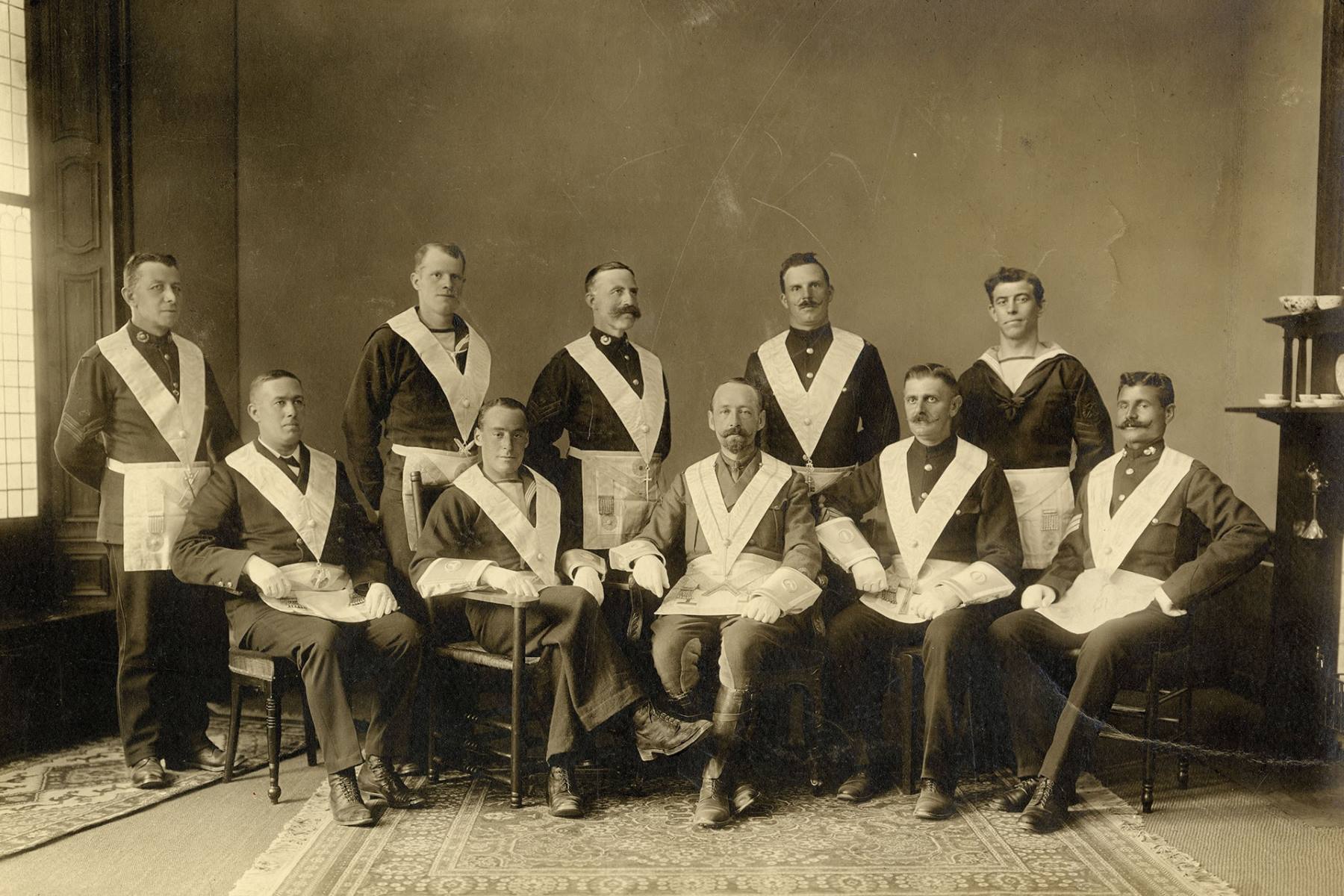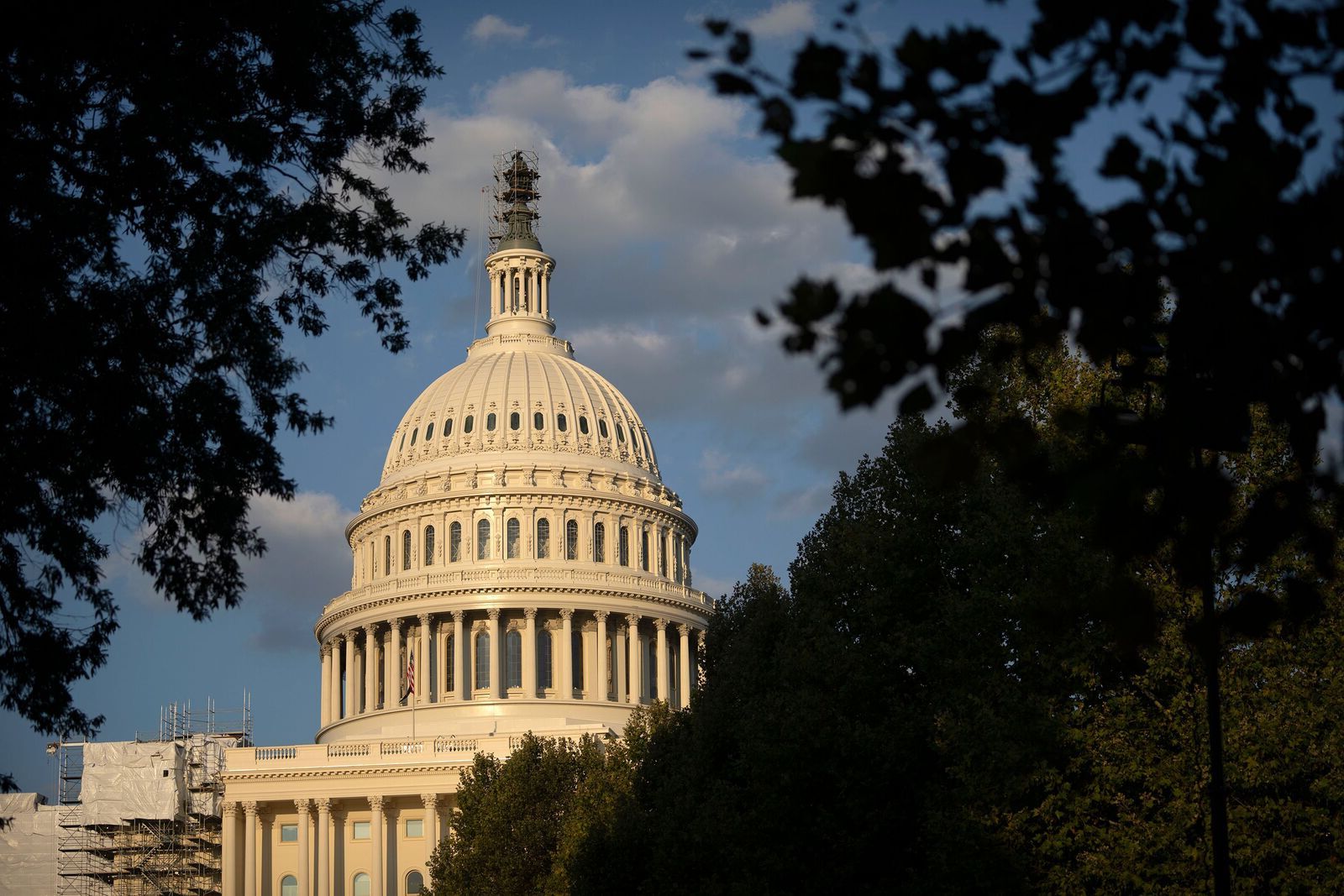
Freemasonry is a centuries-old fraternal organization that has captured the curiosity of many. Its secretive nature and enigmatic rituals have fueled numerous myths and misconceptions. In this article, we will delve into 18 intriguing facts about Freemasonry, shedding light on its history, principles, and influence. From its mysterious symbols to its renowned members, we will explore the captivating world of Freemasonry, uncovering the truths behind the veils of secrecy. Whether you are a curious observer or a dedicated member, this exploration will provide a deeper understanding of Freemasonry's enduring legacy and its impact on society. So, let's embark on this enlightening journey to unravel the enigma of Freemasonry and gain insights into this ancient and influential institution.
Key Takeaways:
- Freemasonry is a fraternal organization rooted in symbolism, charity, and inclusivity. It promotes personal growth, camaraderie, and moral integrity, embracing historical significance and esoteric traditions.
- Freemasonry fosters a sense of brotherhood, encourages intellectual inquiry, and engages in philanthropic endeavors. It upholds traditional values, continues to evolve, and remains a beacon of tradition and enlightenment.
Freemasonry is a Fraternal Organization
Freemasonry is a fraternal organization that traces its origins back to the stonemason guilds of the late Middle Ages. It is founded on the principles of brotherly love, relief, and truth, and its members are known as Freemasons or Masons.
Freemasonry is Rooted in Symbolism
The organization uses symbols such as the square and compass, the apron, and the trowel to impart moral and ethical lessons. These symbols are a fundamental aspect of Masonic teachings and are designed to guide members towards personal growth and enlightenment.
Freemasonry Promotes Charity and Community Service
Charity and community service are central to Freemasonry. The organization is dedicated to supporting charitable causes and providing assistance to those in need. Masonic lodges often engage in various philanthropic activities, including fundraising for local charities and volunteering in their communities.
Freemasonry Emphasizes Secrecy and Privacy
While Freemasonry is not a secret society, it places a strong emphasis on privacy and discretion. Certain aspects of Masonic rituals and ceremonies are kept confidential, and members are encouraged to uphold the tradition of discretion within the organization.
Freemasonry Welcomes Members from Diverse Backgrounds
Freemasonry is inclusive and welcomes individuals from diverse backgrounds, regardless of their race, religion, or social status. The organization values the principles of tolerance and respect, fostering a sense of unity among its members.
Freemasonry Has a Rich Ritualistic Tradition
Masonic rituals and ceremonies play a significant role in the organization's traditions. These rituals are designed to instill moral lessons, promote personal development, and reinforce the bonds of brotherhood among Freemasons.
Freemasonry Utilizes Degrees to Convey Teachings
The structure of Freemasonry is based on a system of degrees, each of which imparts specific teachings and moral principles. As members progress through the degrees, they gain a deeper understanding of the organization's philosophy and values.
Freemasonry Encourages Intellectual Inquiry
Intellectual inquiry and philosophical discourse are encouraged within Freemasonry. The organization provides a platform for members to engage in meaningful discussions, explore moral and ethical concepts, and pursue intellectual enlightenment.
Freemasonry Values Camaraderie and Fellowship
Camaraderie and fellowship are integral to the Masonic experience. Freemasons forge strong bonds of friendship and mutual support, creating a sense of camaraderie that extends beyond the walls of the lodge.
Freemasonry Has Historical Significance
Freemasonry has played a significant role in shaping history and has been associated with influential figures such as George Washington, Benjamin Franklin, and Voltaire. The organization's impact on politics, philosophy, and social reform has left a lasting legacy.
Freemasonry Embraces Ritualistic Symbolism
Ritualistic symbolism is deeply ingrained in Freemasonry, serving as a means of imparting moral and ethical teachings. The use of symbols and allegorical rituals is a distinctive feature of the Masonic tradition.
Freemasonry Promotes Personal Growth and Development
Central to Freemasonry is the pursuit of personal growth and self-improvement. The organization provides members with opportunities for introspection, moral reflection, and the cultivation of virtuous qualities.
Freemasonry Upholds Traditional Values
Freemasonry upholds traditional values such as integrity, honor, and fidelity. These values form the cornerstone of Masonic teachings and guide members in their conduct and interactions with others.
Freemasonry Fosters a Sense of Brotherhood
The concept of brotherhood is fundamental to Freemasonry. Members are bound together by a shared commitment to the principles of Freemasonry, fostering a profound sense of brotherly love and mutual support.
Freemasonry Values Moral Integrity and Ethics
Moral integrity and ethical conduct are paramount within Freemasonry. The organization places a strong emphasis on upholding virtuous principles and leading a life of integrity and honor.
Freemasonry Engages in Philanthropic Endeavors
Philanthropy is a core tenet of Freemasonry, and Masonic lodges are actively involved in charitable endeavors. From supporting local community initiatives to contributing to global humanitarian causes, Freemasonry is dedicated to making a positive impact.
Freemasonry Embraces Esoteric Traditions
Freemasonry incorporates elements of esoteric traditions, drawing inspiration from ancient wisdom and mystical teachings. This esoteric aspect adds depth to the Masonic experience and encourages members to explore profound philosophical concepts.
Freemasonry Continues to Evolve and Adapt
While rooted in tradition, Freemasonry continues to evolve and adapt to the modern era. The organization remains relevant by embracing contemporary values and addressing the evolving needs of its members and society.
Freemasonry, with its rich history, symbolic traditions, and commitment to personal growth and philanthropy, continues to captivate the imagination of individuals seeking a deeper understanding of its teachings and principles. The organization's emphasis on brotherhood, charity, and moral integrity resonates with those who are drawn to its timeless values and sense of community. As Freemasonry continues to evolve, it remains a steadfast beacon of tradition and enlightenment for its members, embodying the enduring legacy of its centuries-old heritage.
Conclusion
In conclusion, Freemasonry is a complex and intriguing institution with a rich history and profound impact on society. Its emphasis on moral values, philanthropy, and personal development has contributed to its enduring appeal. The symbolism and rituals within Freemasonry offer members a unique framework for self-improvement and community involvement. While shrouded in mystery and misconceptions, Freemasonry continues to thrive as a global fraternity, fostering camaraderie and charitable efforts. Exploring the truths behind Freemasonry can lead to a deeper understanding and appreciation of this enigmatic organization.
FAQs
What is the significance of Masonic symbols?Masonic symbols hold deep philosophical meanings, serving as visual representations of moral lessons and guiding principles within Freemasonry. These symbols are designed to inspire introspection and personal growth among members.
How does one become a Freemason?Becoming a Freemason involves expressing a genuine interest in joining the fraternity and meeting specific membership criteria. Prospective members typically need to seek out a Masonic lodge, engage in discussions with current members, and undergo a formal initiation process to become a part of the fraternity.
Freemasonry's enigmatic history and symbols have captivated people for centuries. If you're intrigued by ancient mysteries and hidden knowledge, you might also be interested in exploring the secrets of Kilwinning Abbey. This historic site in Scotland has its own set of fascinating facts waiting to be uncovered.
Was this page helpful?
Our commitment to delivering trustworthy and engaging content is at the heart of what we do. Each fact on our site is contributed by real users like you, bringing a wealth of diverse insights and information. To ensure the highest standards of accuracy and reliability, our dedicated editors meticulously review each submission. This process guarantees that the facts we share are not only fascinating but also credible. Trust in our commitment to quality and authenticity as you explore and learn with us.


